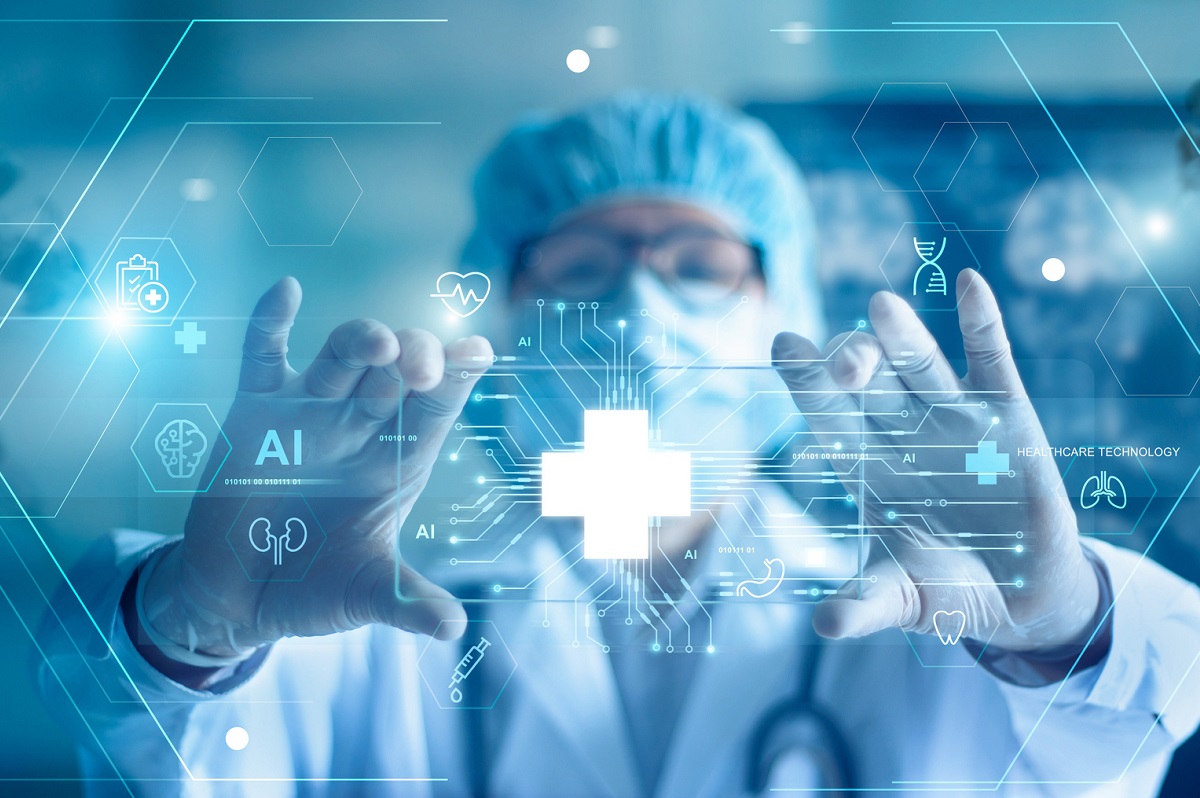
The Future of Healthcare & Medicine: Innovation for Better Patient Care
The healthcare industry is undergoing a digital revolution, with cutting-edge technologies improving diagnostics, treatment, and patient outcomes. From AI-powered diagnostics to telemedicine, advancements are making healthcare more accessible, efficient, and personalized.
Key Trends Transforming Healthcare
- Telemedicine & Remote Care – Virtual consultations and remote patient monitoring enable 24/7 access to healthcare, reducing hospital visits.
- Artificial Intelligence in Medicine – Healthcare AI assists in early disease detection, radiology analysis, and personalized treatment plans.
- Wearable Health Tech – Devices like smartwatches and ECG monitors track vital signs, helping in preventive care and chronic disease management.
- Precision & Personalized Medicine – Genetic testing and AI-driven analytics allow treatments tailored to individual patients.
- Healthcare Automation – AI chatbots, robotic surgery, and automated lab testing streamline workflows, reducing human error.
Benefits of Modern Healthcare Tech
- Faster Diagnoses – AI algorithms analyze medical images and lab results in seconds.
- Improved Accessibility – Telemedicine bridges gaps for rural and underserved populations.
- Cost Efficiency – Automation reduces administrative burdens, lowering healthcare costs.
- Enhanced Patient Engagement – Wearables and health apps empower users to monitor their own well-being.
Challenges & the Road Ahead
While innovations like AI diagnostics and digital health platforms show promise, challenges like data privacy, regulatory hurdles, and equitable access remain. The future lies in ethical AI adoption, interoperable systems, and patient-centric care.
By embracing medical innovation, the healthcare sector can deliver smarter, faster, and more compassionate care to patients worldwide.